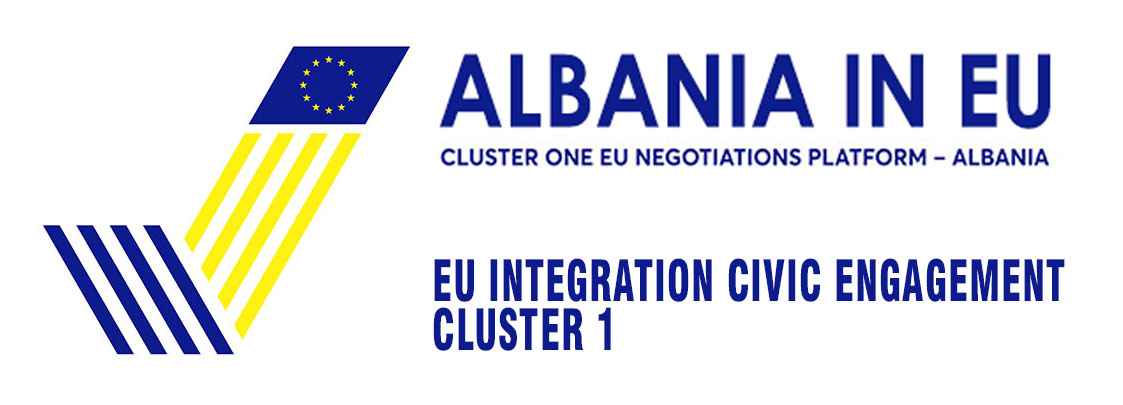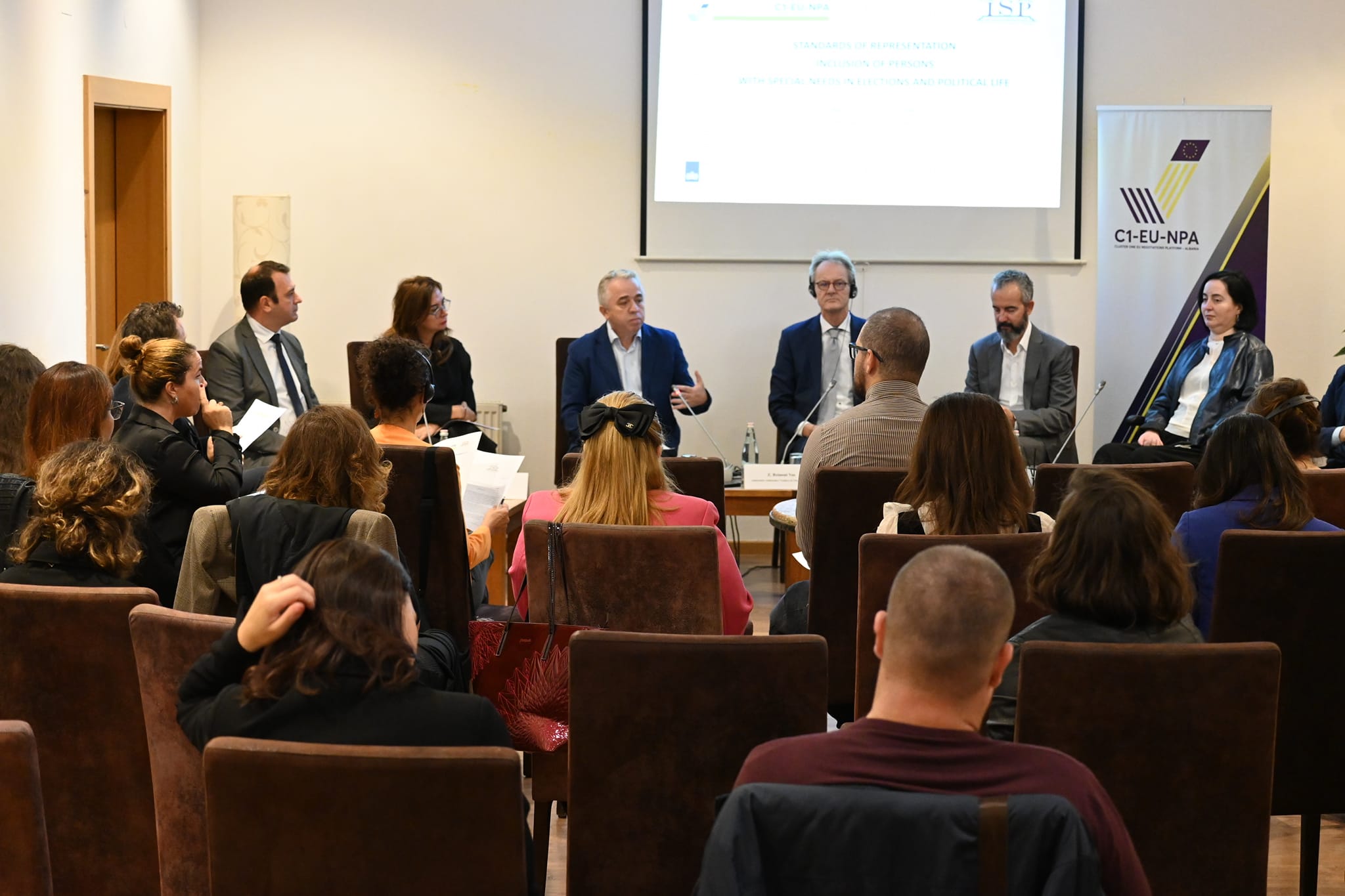The Constitution of the Republic of Albania, along with national legislation and international commitments, obligates the Albanian state to uphold the right to vote for all citizens, including thousands of citizens with special needs.
Albania has joined the ranks of countries that facilitate voting for citizens abroad. However, it has yet to fully guarantee the right to vote for citizens with special needs within the country, including those in hospital care. All EU member states, as well as regional countries like Kosovo and North Macedonia, have implemented legal and technical solutions to address this issue. With just nine months left until the 2025 elections, Albania has made no significant progress and provides no assurances that this right will be realized.
To discuss these issues, Albania’s obligations, the progress made, and the challenges ahead for the 2025 elections and beyond, particularly concerning the right to vote and political representation for people with special needs, the Institute of Political Studies (ISP) organized the roundtable “Standards of Representation: Inclusion of People with Special Needs in Elections and Political Life.”
The Ambassador of the Kingdom of the Netherlands to Albania, Mr. Reinout Vos, shared European and Dutch experiences regarding the voting rights and political participation of people with disabilities.
On behalf of organizations representing people with special needs, Suela Lala (Foundation “Together”) and Florjan Rojba (Association of the Deaf) presented their concerns and suggestions.
Key institutional representatives who contributed to the debate included Ilirjan Celibashi (State Election Commissioner), Erinda Ballanca (Ombudsperson), and Robert Gajda (Commissioner for Protection from Discrimination).
The perspectives of the Parliament and major political parties were presented through opinions shared by MPs Damian Gjiknuri (Socialist Party) and Dhurata Çupi (Democratic Party).
Participants in the meeting included representatives from international institutions in Tirana, such as the EU Delegation, the British Embassy, OSCE, CoE, NDI, IRI, IDEA, WFD, and prominent civil society organizations from Albania.

